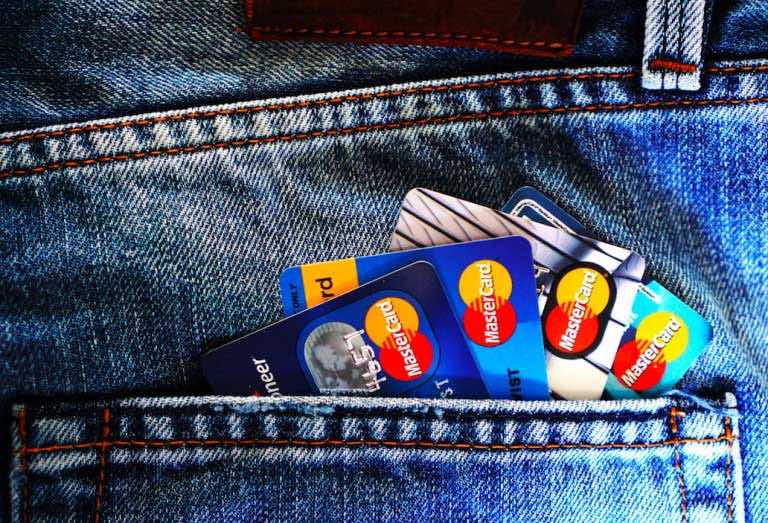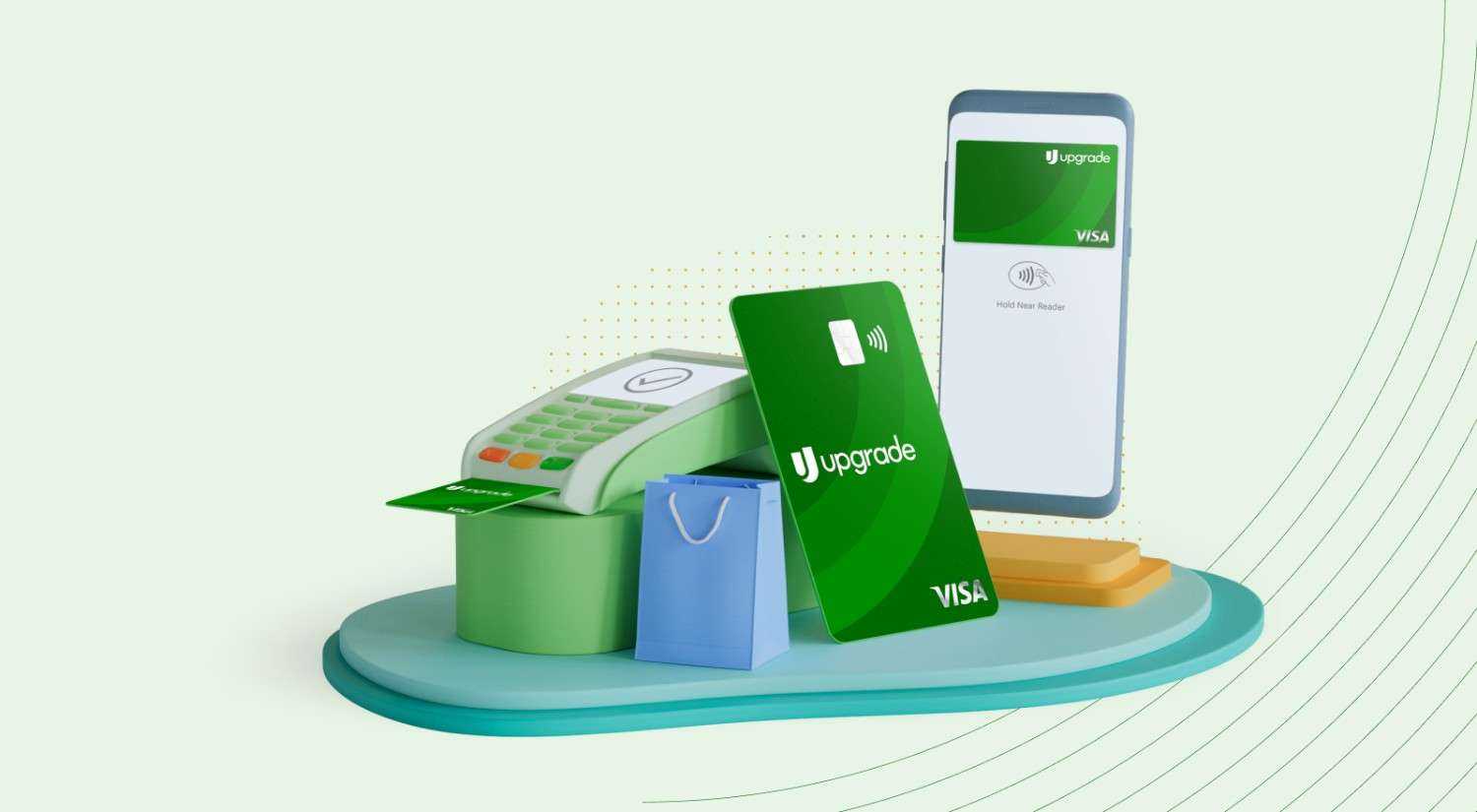How Many Credit Cards Should You Have? Here’s What to Know
It’s one of the most common personal finance questions: How many credit cards is too many? Or better yet—how many credit cards should I have to build credit, earn rewards, or stay in control of my money?
The short answer: It depends. The ideal number of credit cards varies based on your goals, spending habits, and how well you manage your accounts. Whether you're looking to build credit, maximize rewards, or keep your finances simple, there’s a smart setup that works for you.

Why Having Multiple Credit Cards Can Be a Good Idea
Having more than one credit card can benefit your credit score and give you more flexibility—if you use them responsibly. Here’s why you might want more than one:
1. Build Credit and Potentially Improve Your Credit Score
To build your credit, you need to prove that you can handle it responsibly. Having multiple open credit lines, assuming you maintain a good credit utilization ratio on each of them and make your payments on time, is one way you can build credit.
Your credit utilization ratio (how much of your available credit you’re using) makes up a significant chunk of your credit score. More cards means more available credit, which can lower your utilization as long as your balances stay low.
2. Maximize Credit Card Rewards
Different credit cards offer different perks. You can use one card for groceries, another for travel, and another for gas or dining out—helping you earn more cash back or points in the categories where you spend the most.
3. Have a Backup in Case of Emergency
In a perfect world, you would have a well-stocked emergency fund to pay for surprise expenses like car maintenance, home repairs, and healthcare costs. But the reality is that building an emergency fund isn’t always possible. Having a card you keep for “emergencies” or if your other card is lost, stolen, or maxed out, can keep you from resorting to more costly options.
Why You Might Want to Limit the Number of Cards
More credit cards mean more moving parts. Here’s what to watch out for:
- It’s easy to overspend: With more available credit, the temptation to spend beyond your means can increase.
- Payment due dates can pile up: Managing multiple due dates can get tricky. Missing even one payment can hurt your credit.
- Fees can add up: Some rewards cards charge annual fees, which may not be worth it if you’re not using the benefits.
So, how many credit cards should you have?
There’s no perfect number, but here are some general suggestions to get you started:
- For building credit: Consider starting with one or two cards. Focus on making consistent, on-time payments and keeping your balances low.
- For rewards: Three to five cards can help you earn rewards in your top spending categories, like groceries, travel, or gas. Just make sure you can manage them and make on-time payments consistently.
- For simplicity: One well-rounded card may be all you need. Check out Upgrade OneCard, a card that earns you cash back on every purchase and lets you “Pay Later” and make fixed payments over time, or “Pay Now” to avoid interest.
Fun fact: According to Experian, the average American has about four credit cards—but what works for others may not be right for you.
Tips for Managing Multiple Credit Cards
If you’re going to carry several cards, here are some ways you can stay organized and protect your credit:
- Set up automatic payments to avoid missed or late payments
- Keep balances low to maintain a healthy credit utilization ratio.
- Use a budget or app to track spending across cards.
- Make a small purchase on each card occasionally to keep them active.
Bottom Line
The number of credit cards you “should” have ultimately depends on your personal goals. Whether it’s one card or five, the key is managing them well. Used wisely, credit cards can help you build credit, earn rewards, and stay financially flexible.


